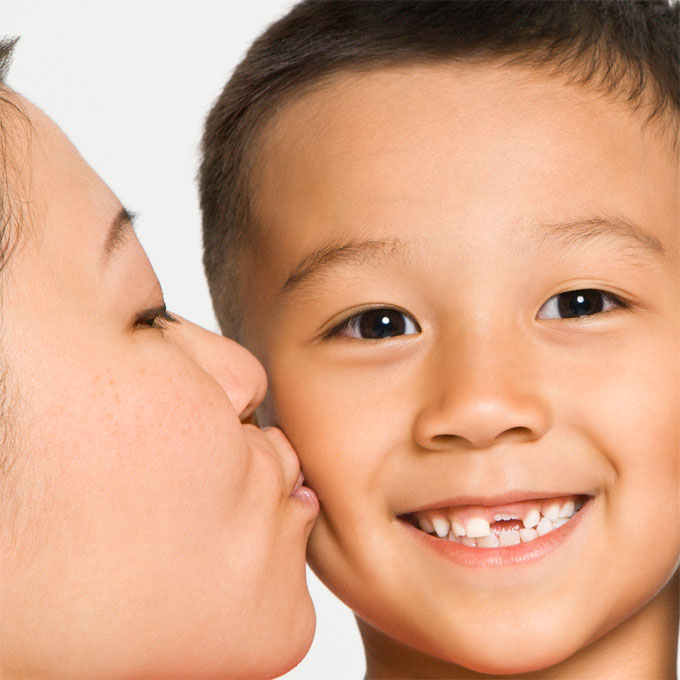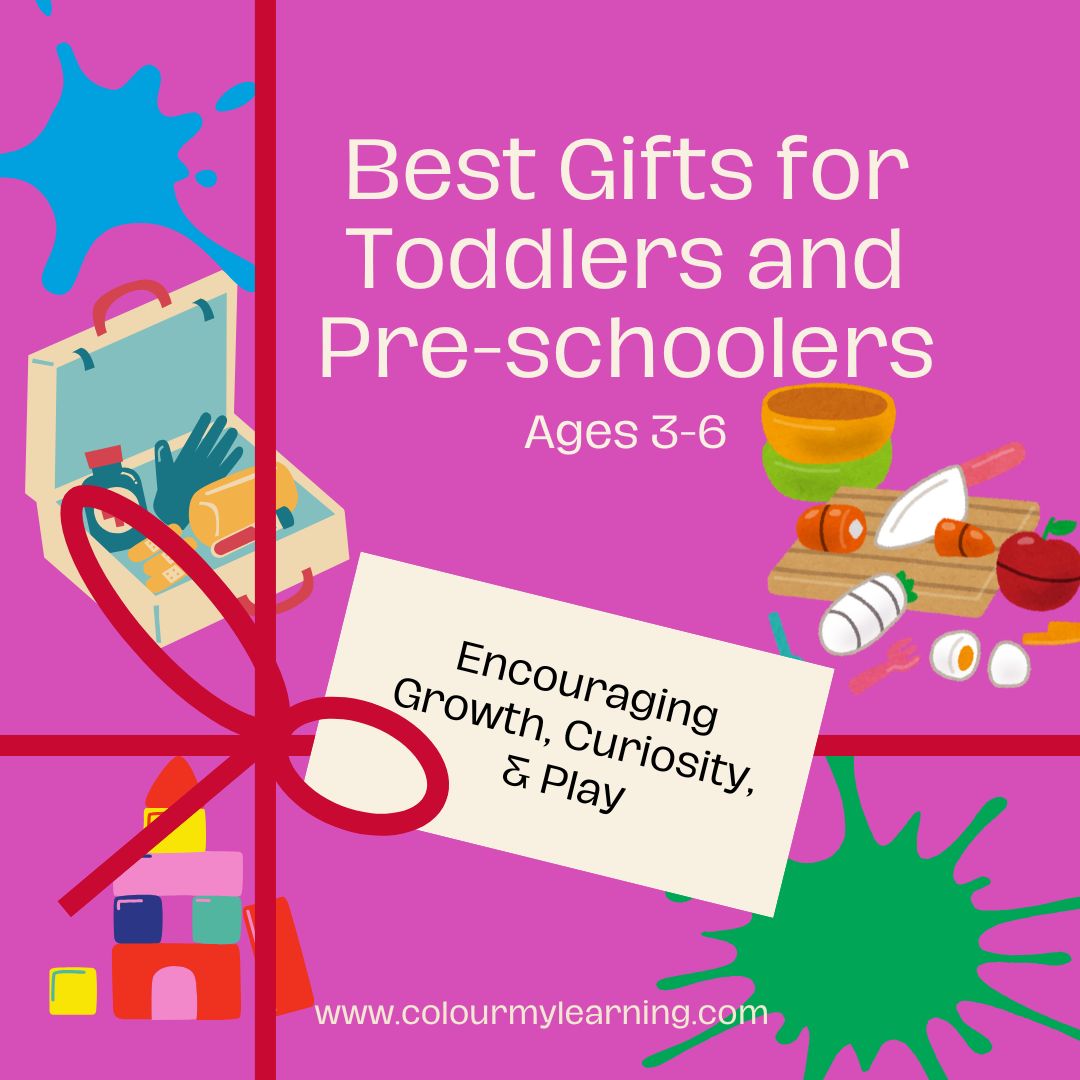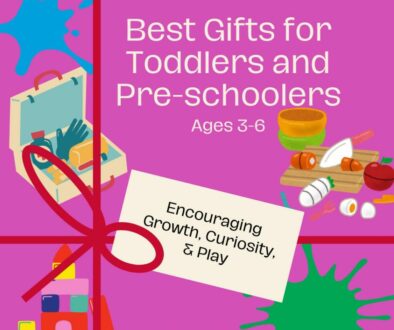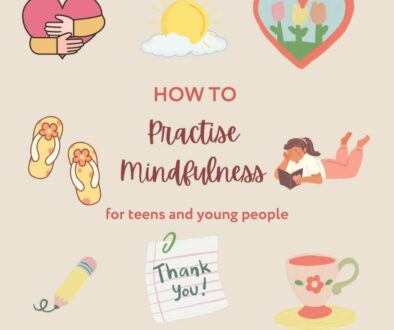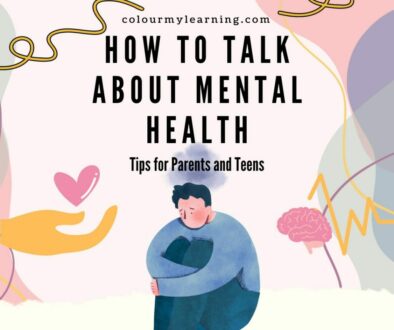In Defense of the Tiger Mum
…so much more than just a ‘pushy’ parent.
A few weeks ago I came across a request in my mailbox, sent by a popular mum’s mailing list that I subscribe to:
“Looking for a Tiger Mum for fabulous magazine”
The request was made by a journalist, who was writing an article on various parenting methods for Fabulous magazine. The aim was to interview and feature a mum who thought of herself as a ‘Tiger mum’.
The short blurb included ‘my definition of a ‘tiger mum is a mum who is very strict and is intent on her children achieving academic success (she stops them having play dates as they have too many extra curricular activities)’
Initially I thought, what a good way to get my thoughts out on the whole Tiger Mummy scenario. Ever since the Amy Chua bestseller, Battle Hymn of the Tiger Mother, which was very cleverly and controversially highlighted on the Financial Times hit the bookshelves, an ever growing debate surrounding the pros and cons of what can loosely be described as ‘Asian’ style parenting.
In most cases, these parents are portrayed as single-minded, overly-demanding mums, who expect perfection and achievement regardless of ability or their children’s interest.
So anyway, I got in touch with the author and was a sent a list of questions. These questions were pre-empted by a statement saying ‘I need you to be comfortable with being called a Tiger Mum’.
- Please describe the ways in which you are a ‘tiger mum’, I understand you have a six year old daughter. Do you enroll her in lots of extra curricular activities/tutoring?
- What is your full name, age and occupation
- Did you know before having your daughter how you would like to bring her up?
- Did you have a very strict upbringing? Please describe…
- Do you reflect your own upbringing on your daughter?
- Do your friends/family think you are strict with your daughter?
Around the same time that these questions were emailed to me, The Telegraph wrote a piece, based largely on a interview with Eton House Master Mike Grenier, who described how children today would benefit significantly from a ‘Slow Education’ – one that has no place for the pushy parent, and instead leaves learning much to the interests of the child. Typically within the same breath the Press had branded all pushy mums ‘Tiger Mums’.
The reality of Tiger Mums, (in the true Asian sense) though is that it is a whole lot more than just pushy parenting. Embedded deep within this so-called parenting style is the influence of a whole culture.
Different to the ‘pushy’ parent or the ‘helicopter’ parent, the Tiger mum, as I understand from Amy Chua’s perception, in her book, is actually driven by a very typically Asian philosophy that if anything is worth doing, it is worth doing well, no half measures. Ultimately, the cultural experience and up bringing of these parents are what define their primary motivations.
So while the Press has effectively branded every ‘pushy’, ‘helicopter’ mum, a Tiger mum, the reality is a Tiger mum is so much more!
In the end, as I read through the questions I had been forwarded, I realised that I did not fit the ‘Western’ description of a ‘tiger mum’. In reality, I was actually not ‘pushy’ enough!
The questions, however, were certainly a good guide as a very useful reflection to our own parenting.
Question 3: Did you know before having your daughter how you would like to bring her up?
As much as I believe in discipline, high expectations and high achievement, I am also very open to the good in the Western ways of child-rearing.
In all honesty, before I had children, I was amazed by the self-confidence and self-assured manner in which Western kids interact with both their peers and adults. It’s a confidence that you do not find among Asian children.
However, as my daughter has grown and therefore become more exposed to influences from a culture I am not entirely familiar with, I have naturally started to notice all the downsides to this freedom too.
I am going to make very generalized statements, which may not hold true for everyone but I have noticed that together with the freedom afforded to children here, there is also a lack of discipline (both self and parental) and generally expectations of children are not as high as they could be.
Question 1: Please describe the ways in which you are a ‘tiger mum’ (I understand you have a six year old daughter. Do you enroll her in lots of extra curricular activities/tutoring?)
My daughter does participate in a number of after school activities, French, tap and ballet. We go swimming at least twice a week and we play the cello every day. I teach her to swim and teach her music myself.
I suppose where I might be typical of an Asian parent is that every morning, we do work (usually practising her spellings, reading, do sums and other academic based work), this is every morning before school. Every now and then, we read some history books and might set up some Science experiments. We also bake and cook together when time permits. So it’s not all and not always about work.
Question 4: Did you have a very strict upbringing? Please describe…
My up-bringing was not particularly strict in comparison to my peers, but then again, I lived in Malaysia where expectations are very different. Having said that, in talking to some friends here in the UK, I have also noted that child-raising has changed significantly over the last generation.
Question 5: Do you reflect your own upbringing on your daughter?
To some extent, yes, I probably do reflect my own upbringing on my daughter. Our expectations of her are high and we work hard together with her to help her achieve all that we believe she can.
Question 6: Do your friends/family think you are strict with your daughter?
On a question of what friends and family think, my mum thinks I’m too lax with her sometimes, my mother-in-law, also from Malaysia, thinks I’m too strict with her. Amongst her friends, I’m probably one of the stricter mums but having said that, her friends still ask to come over to play – which we do when we manage to find some time in our schedules.
I suppose, Amy Chua or her publishers/publicists may have painted a notion that Asian Mums are all evil, unfeeling, uncaring mothers who expect their children to perform regardless. The reality could not be further from the truth though.
In an Asian culture, education is very highly prized. It is often, traditionally seen as the ‘only way out’ of poverty and parents always, ALWAYS want better for their own children. The concept then is to drive their children to succeed so that they are able to live a better life in the future, for their own good (or in a lot of cases too there’s a ‘brag’ factor to contend with too).
This is in sharp contrast to the Western parent who insists that they just want their children to be happy and are therefore at pains to demand or expect more and more from the children (again very sweeping generalisations here). I know of parents who would rather not make their children do homework, as ‘it makes the children unhappy’.
Ultimately though, for me, to be able to walk ‘the middle path of parenting’ between the two would be the ideal scenario.
The Truth about Tiger Mums
The reality is that, on reflection, if Amy Chua’s definition of Tiger Mum is what I believe it to be, admitting that you don’t always get it right, but being persistent and passionate enough to keep trying to ‘do the right thing’, then I would be proud to be labeled a Tiger Mum, just as so many of my peers in Asia would likely be.
The sad state of attitudes here though, especially with the Press vilifying the mother who does too much, expects too much, cares too much, in one breath, has lumped all Tiger Mums in the same category as the typical ‘pushy parent’ who has lofty dreams and goals for their children.
Perhaps the ultimate difference between Tiger Mums and plain pushy parents is the fact that Tiger Mums have lived through being raised the way that they are raising their own, and come out the other side.
While, the pushy parent is, as many say, living the life of unfulfilled dreams through their children.
Author: Li-ling, tweets as DrOoi and is passionate about all things learning.
Reading List
Battle Hymn of the Tiger Mother by Amy Chua
Don’t forget to rate the article
